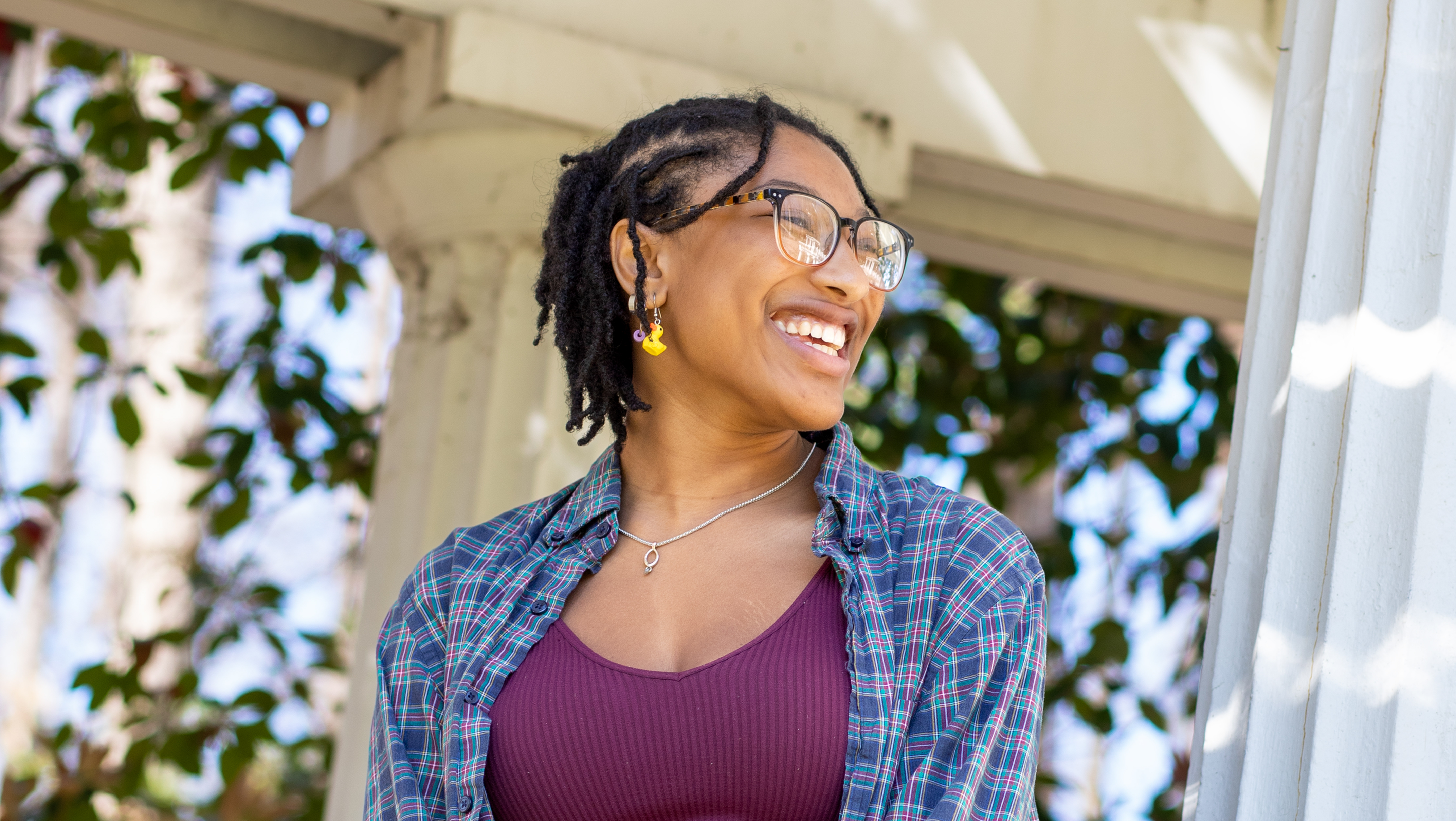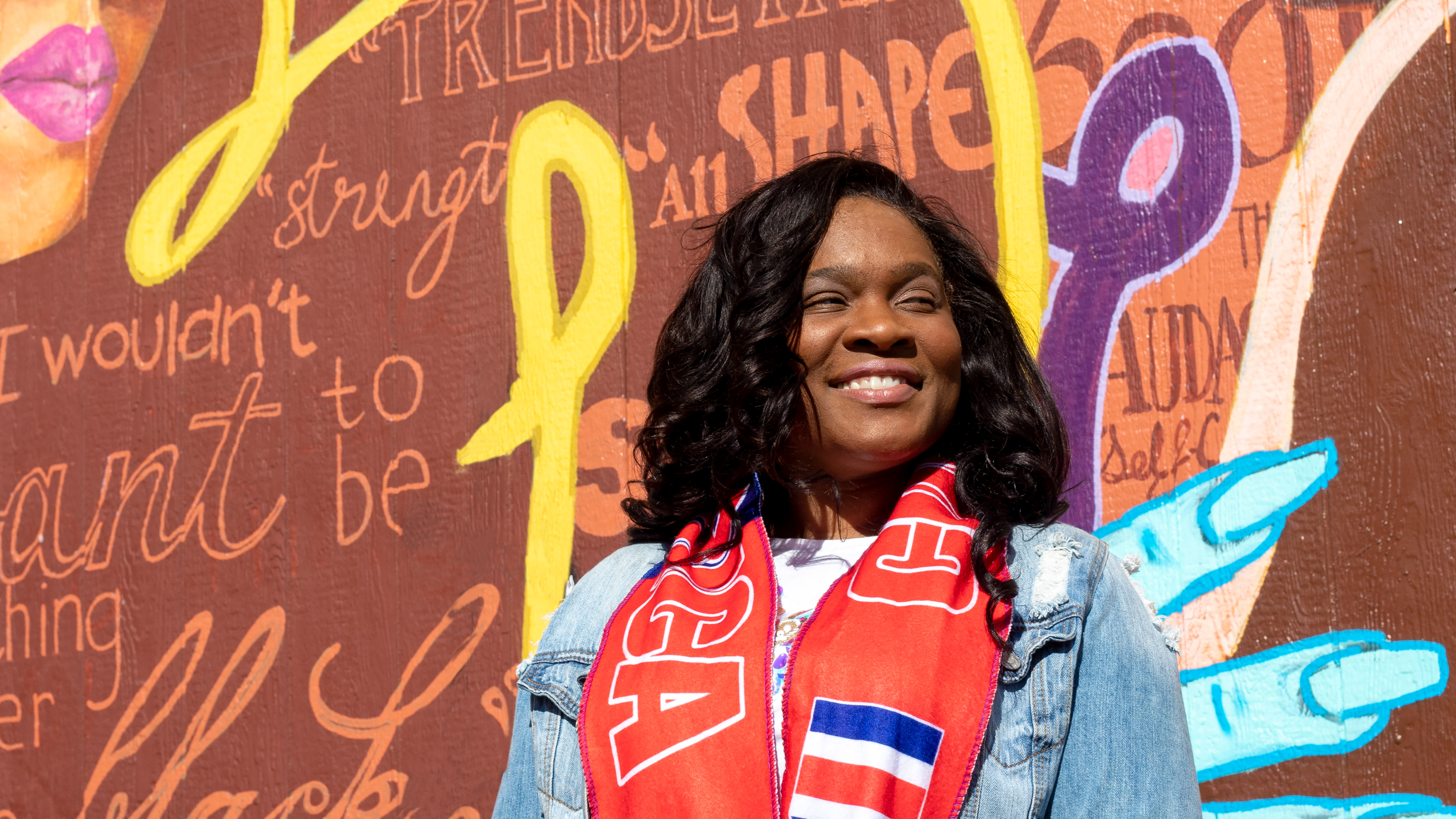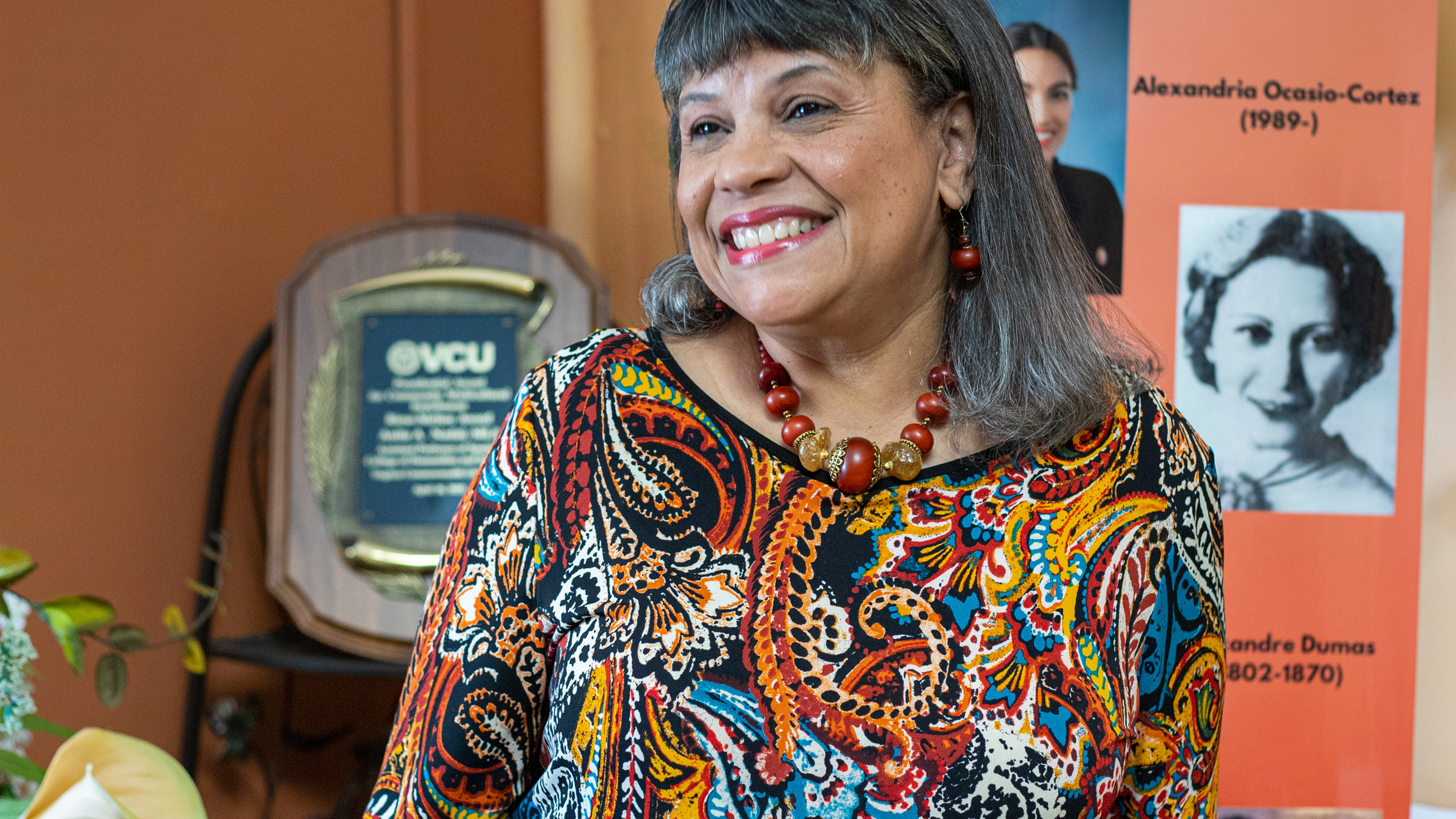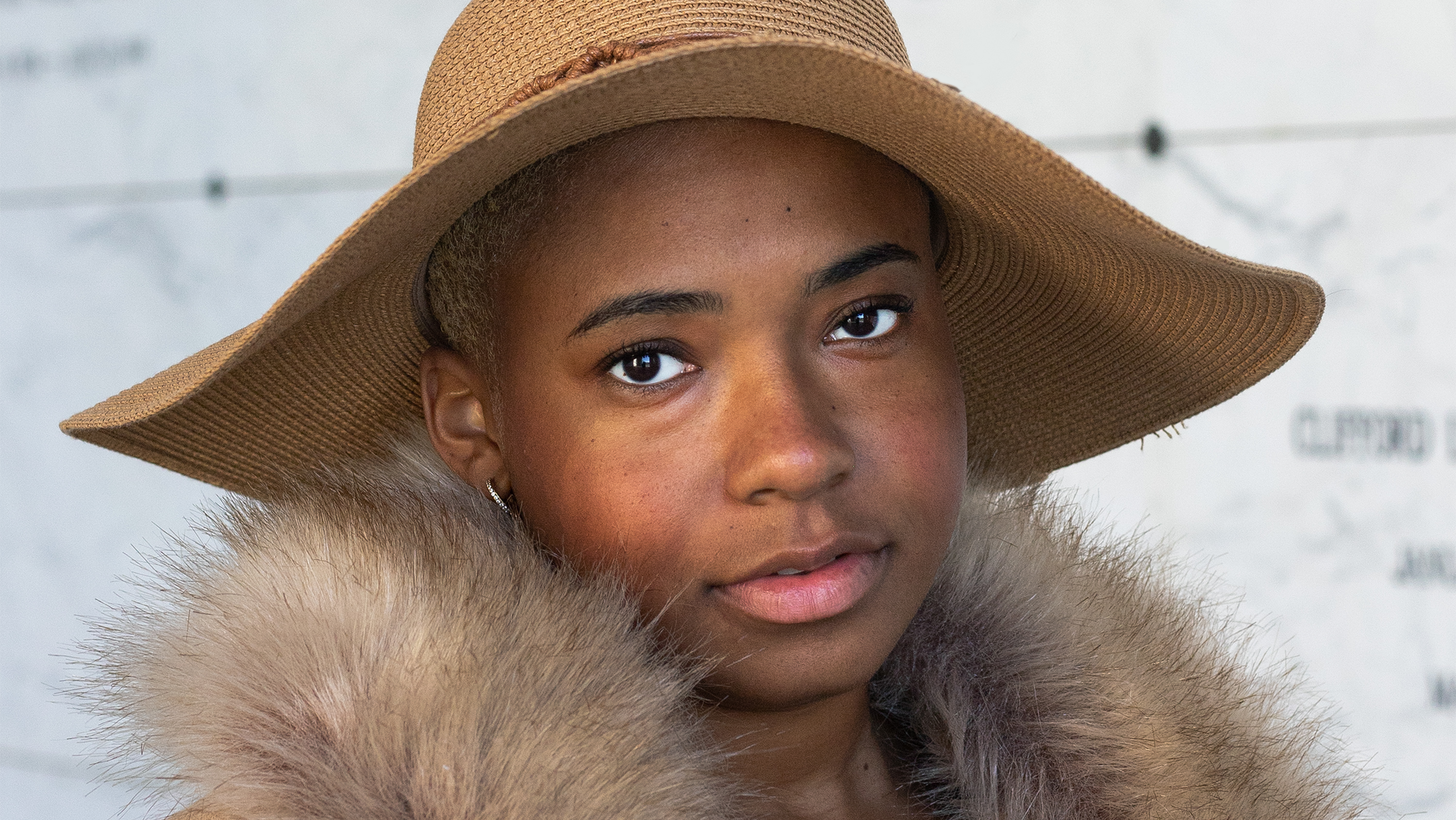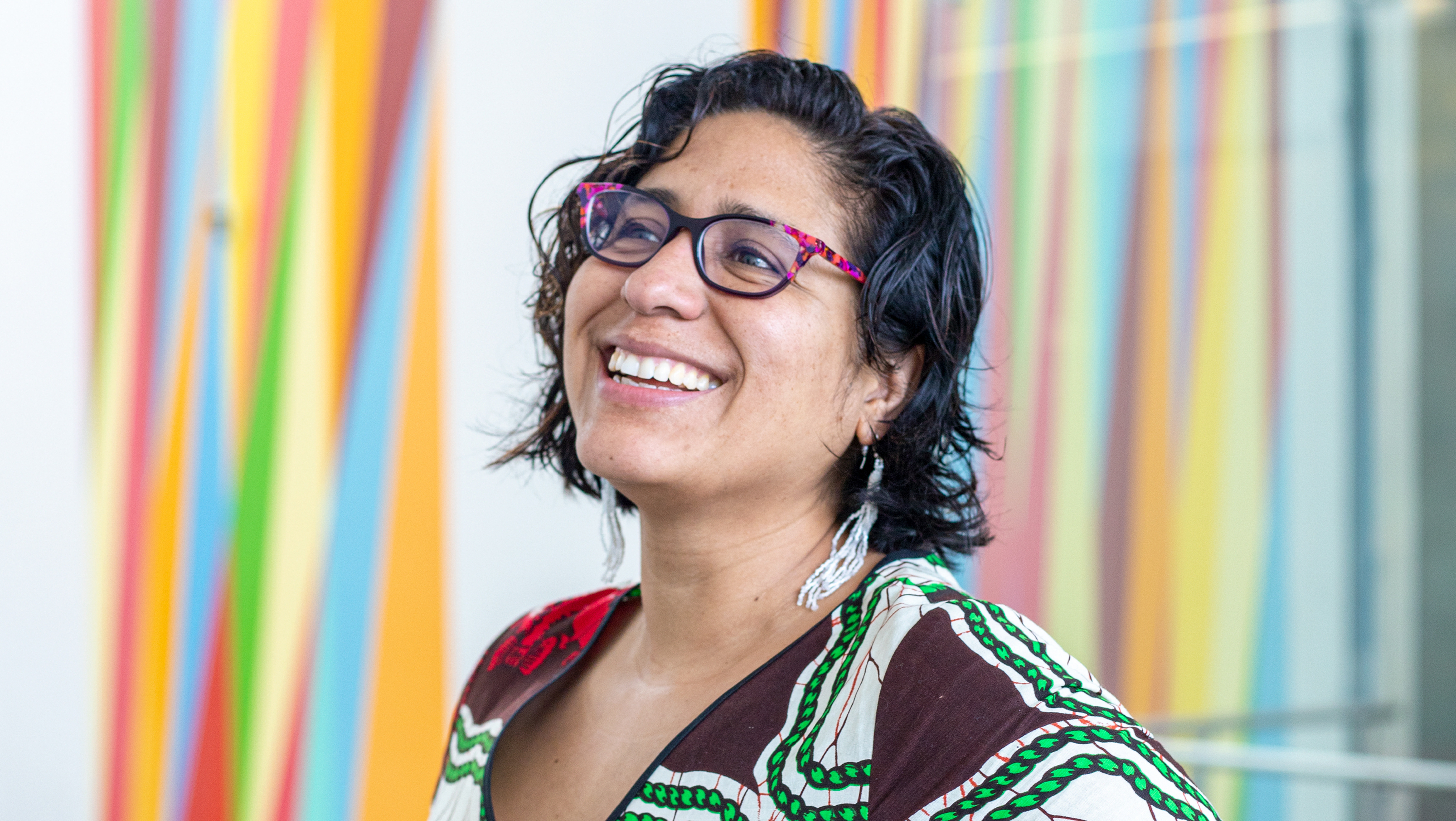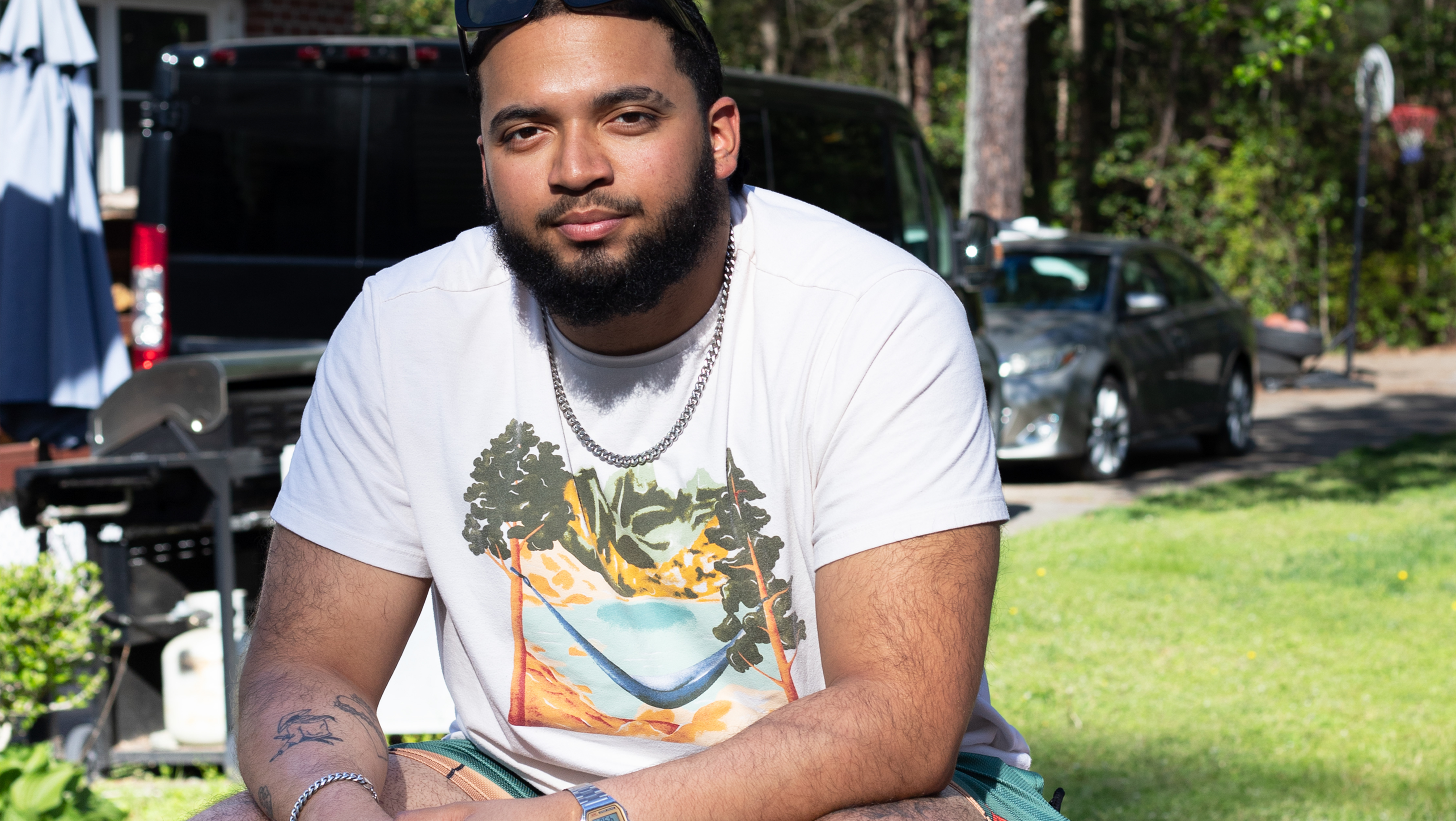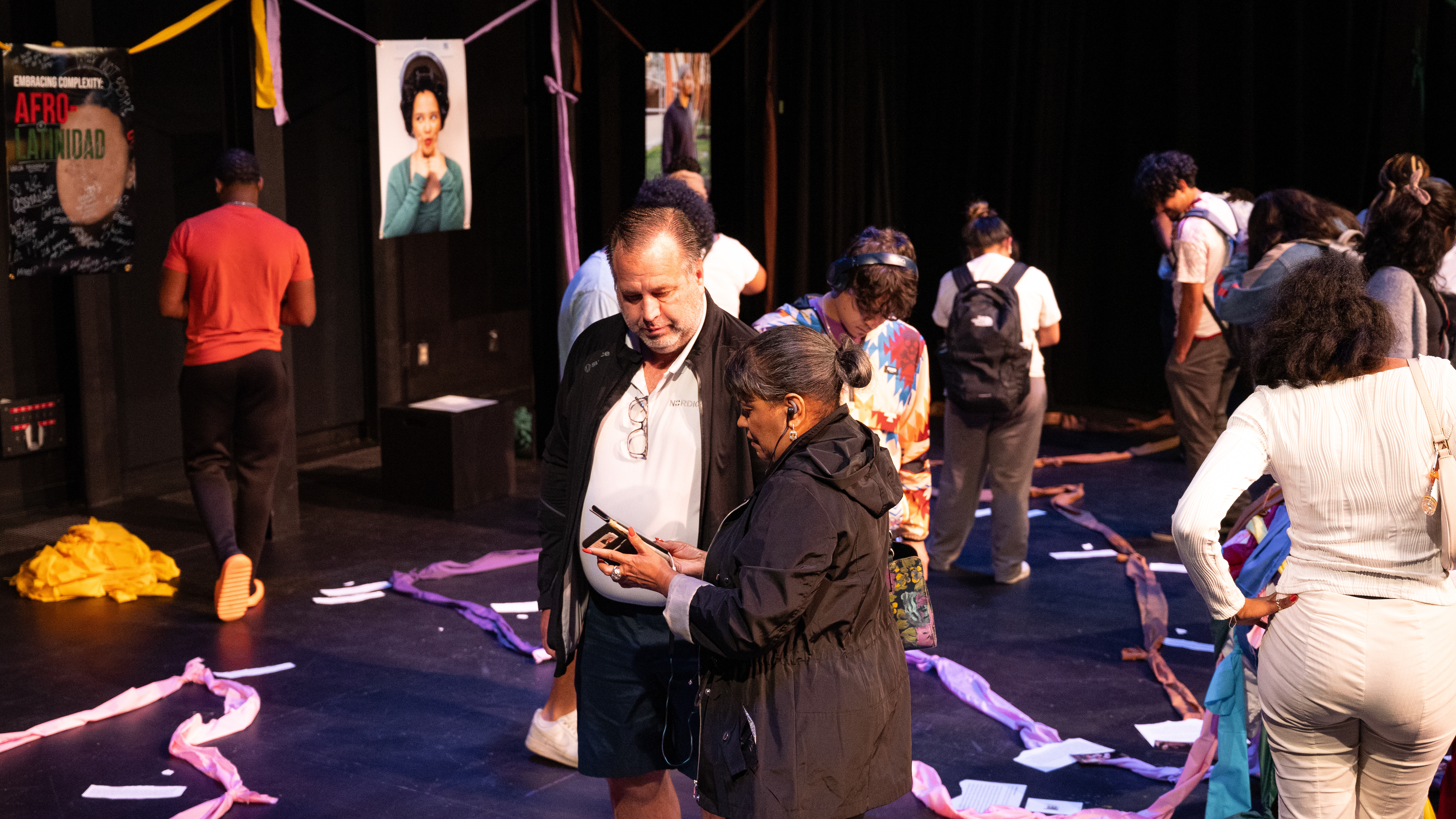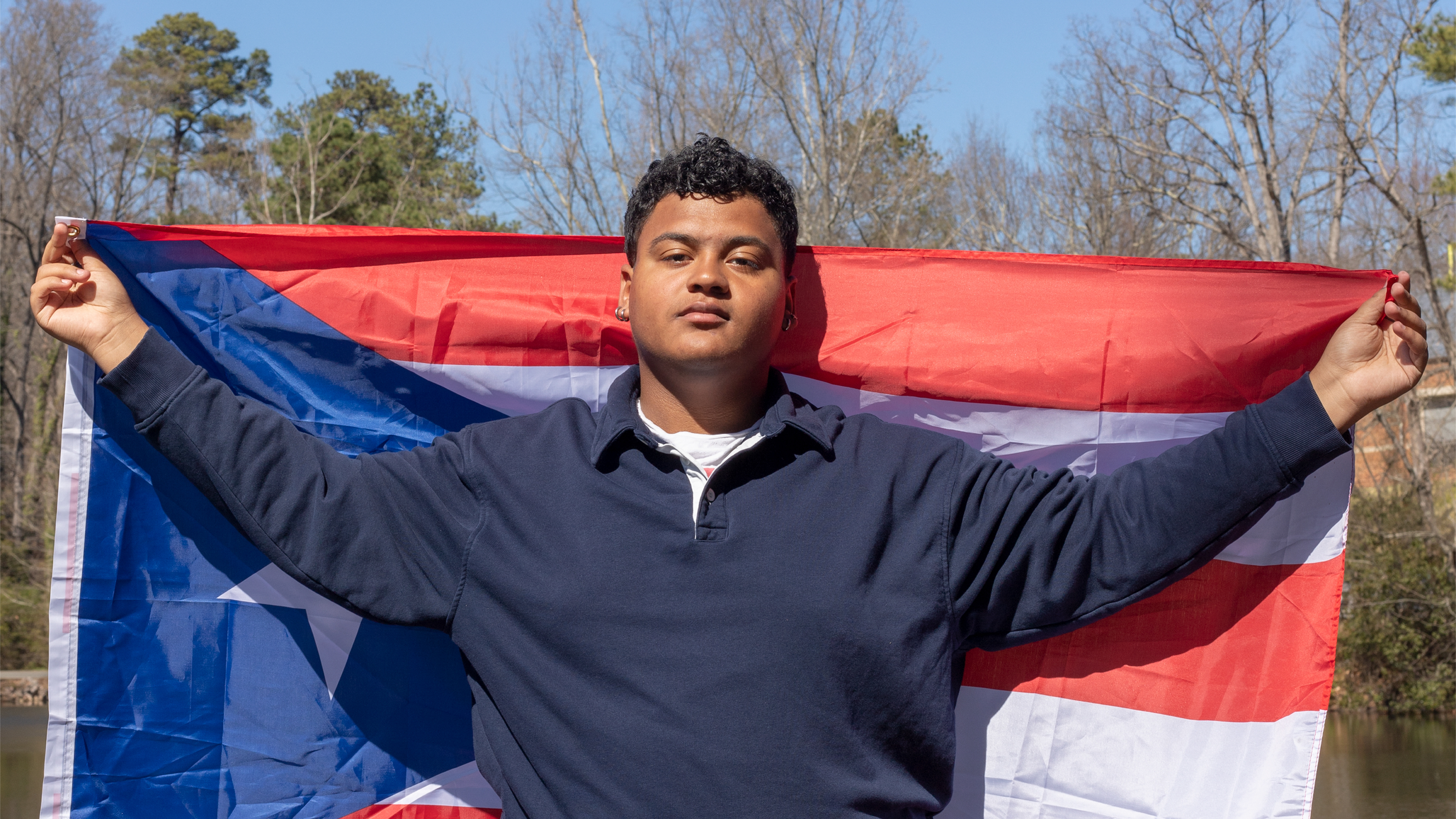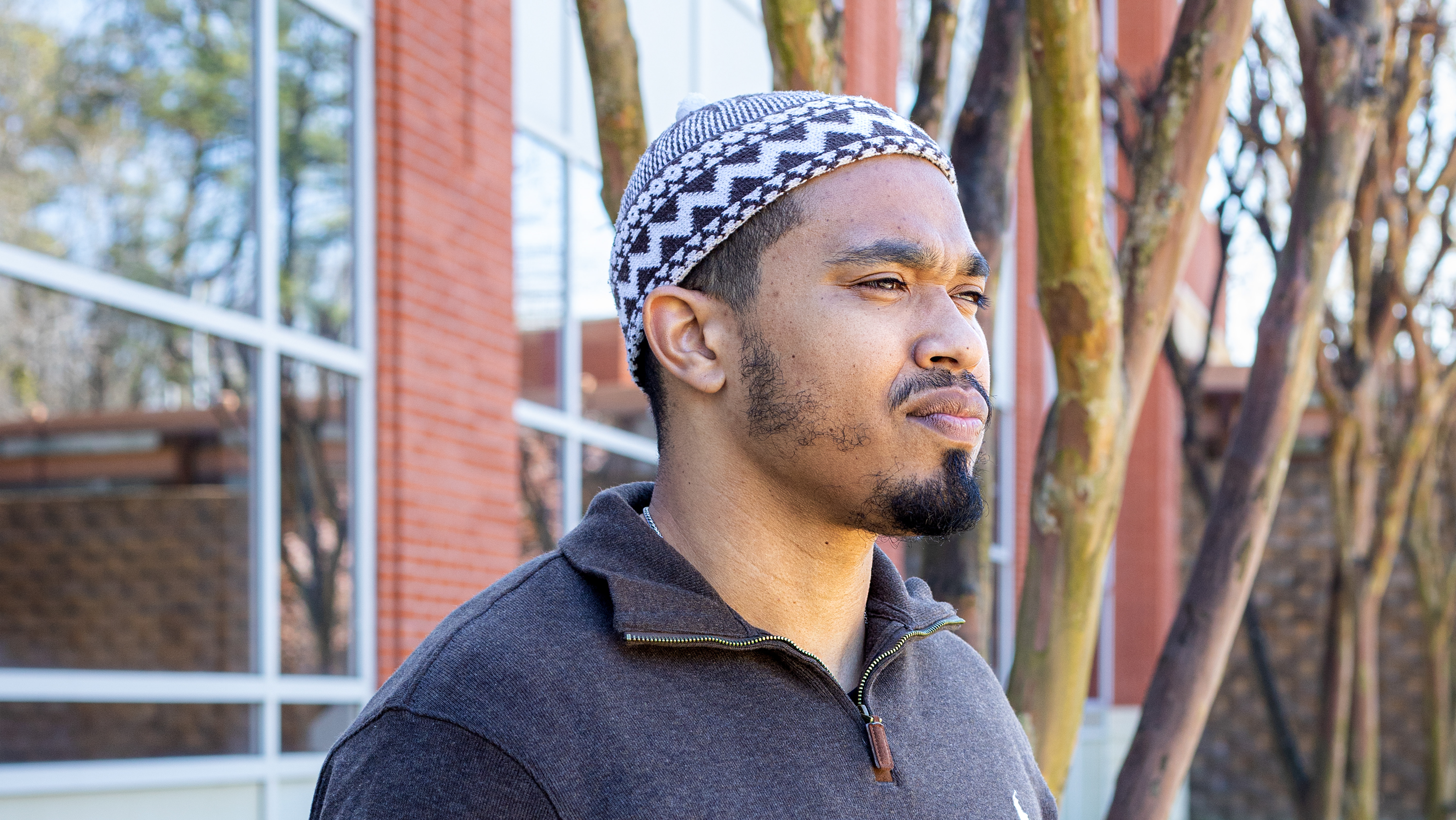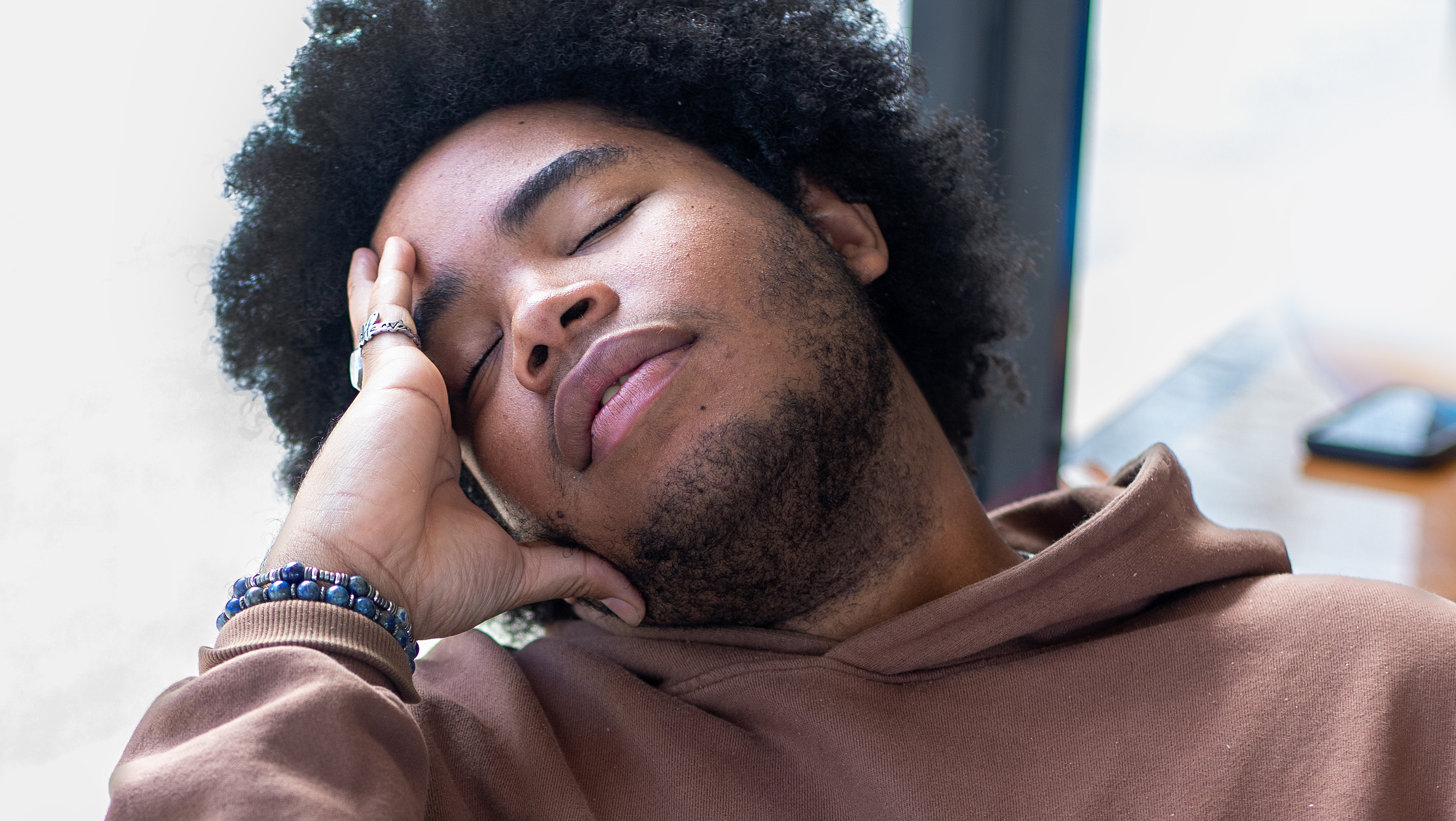Kristin at a Dominican Hair Salon.
Both of my parents are immigrants, so I feel like talking about race is difficult for them because they both come from countries where, like my dad said one time, “everybody's just Dominican in the Dominican Republic. It doesn't matter if you're a Black Dominican and if you're a white Dominican, we're all just Dominican. We don't really think about race the way that Americans do.” For my mom it's kind of the same. In my childhood there were a lot of times where they would say negative commentary on other races and then I'd be like, oh, I guess they don't want me to be associated with that, or even within their own culture, they'd be like, “we don't like these aspects so we don't want you to identify with that.” So I feel like my parents have been more of a negative influence in that sense of like, they've wanted to shelter me from being that identity because maybe they don't understand it or it’s too complex for them…
… if my Dominican identity was like something on the radio, my dad is constantly trying to lower its volume… it was a part of my identity that we took out sometimes, but not all the time. And when we took it out, it was in very modified ways because “we don't wanna be those type of Dominican people.”
Audio #1 (3:12 min)
my experiences in high school were important for me to realize, oh, I'm not white. But then it left this, this, hole in my identity where I'm like, I'm not white. So like, what exactly am I? I went to a predominantly white boarding high school and there was this girl…people used to always say that we looked alike, but we don't really look that alike… but she's Puerto Rican and she identified as Afro-Latina and as Black. We are like the same skin tone, so I remember being critical of her in that sense because it was like, what does she mean she's Black?
I had adopted the mentality that I was surrounded by because of how other people were categorizing me so then that also became the way I looked at her… oh, you can't be Latina and Black, they're separate categories. So she was kind of an anomaly in that sense for me, especially because of how assertive she was of that identity. It didn't make sense to me because nobody was teaching me that. When I learned about Latinx people it was always surrounded around browness. Nobody was talking about that other overlap of Black and Latino. She was the first person that I knew had identified as Afro-Latina and introduced that possibility for me…
Audio #2 (2:53 min)
In the classes that I've taken recently, I just feel like I've become more aware of the binary way of teaching the US teaches history where it's like, oh, this is white history and this is Black history. But there's a lot of Black history that is not just specific to African Americans, but it also has to do with Black Latinos who are part of it. For example I was learning about the Young Lords that grew out of the Black Panther party… I feel like recognizing that history is also how I've realized, like, I am a part of this race because those things are relevant to what my people have gone through and it also explains why my parents are in the position that they're in…
Audio #3 (1:15min)
To me, blackness is expression… artistic expression, musical expression… but blackness is also like an incompleteness. There's holes in the story and it's really difficult to remedy those holes because we're so removed from our history and that's because of white people. I think that's also why it's so hard for me to like, identify racially because what history am I gonna point to?
I don't really know my ancestors… I know my grandma from my dad's side and I know my grandma from my mom's side and that’s it, what is that like two generations? That's such a short story. How am I supposed to learn more about who I am if I have no attachment to my history? Like it's all gone. There's not much for me to find out more about what made me who I am and like what made me look the way that I look… And if I don't know anything then my children won't know anything more. And that's kind of just like where it stopped.
Audio #4 (2:06min)
… I wanna get to the point where it's like, no! Nobody can disprove this identity. This is what I am and it took me a long time to get here, so how dare you…
